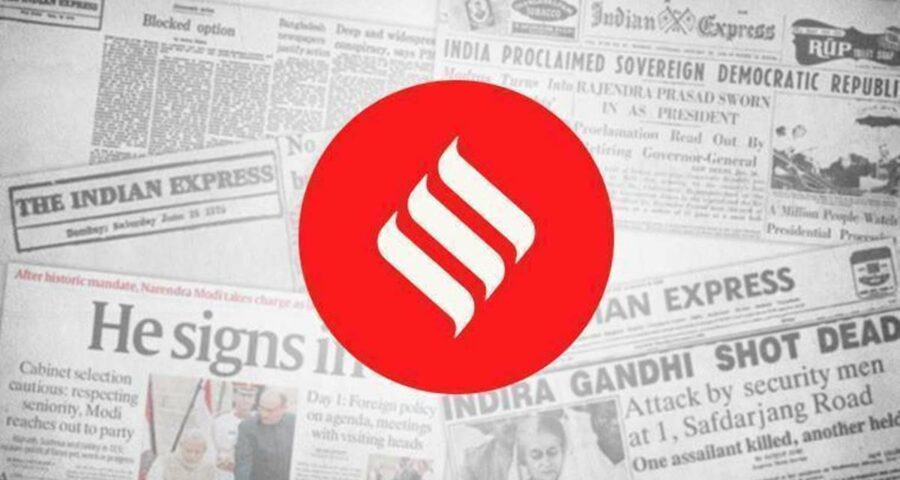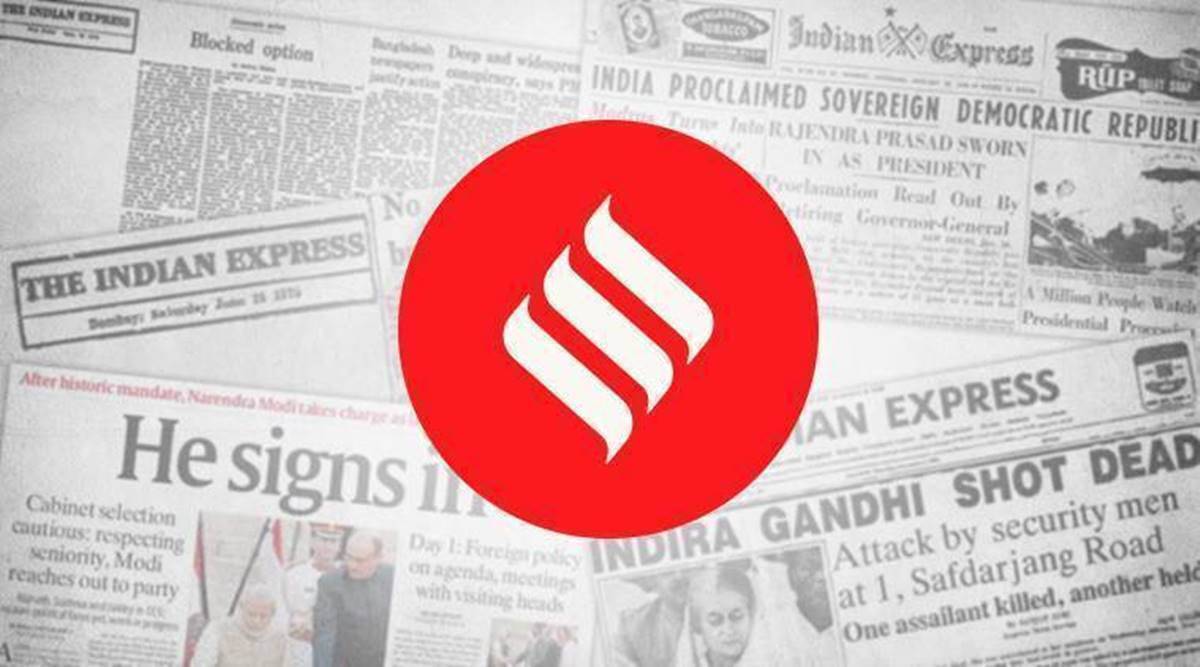Delhi HC’s bail order speaks directly and wisely to fundamental concerns. Weaponising terror law is attack on democracy.
The Delhi High Court granted bail to Natasha Narwal, Devangana Kalita, Asif Tanha, but on Tuesday, it did much more. In releasing from jail the three young students and activists, incarcerated for over a year in connection with the riots in North-east Delhi, and the anti-CAA-NRC protests, under grave charges including those of the stringent UAPA, the court spoke directly and wisely to fundamental concerns of the times. This is an era defined by a strong executive that does not hesitate to wield vaguely worded provisions of draconian laws to shrink spaces for dissent and criminalise the protester. And when crucial distinctions are being lost in public discourse. Between “law and order”, “public order”, and “security of the state”. Between terror, which is a challenge to the sovereignty and integrity of a nation, and which, as the court said, produces a “prolonged psychological effect” on “society as a whole”, and what falls within the definition of conventional offences under the IPC. These distinctions form the bedrock of the case against Narwal, Kalita and Tanha. This is only a bail order, and as such, there is no elaborate examination of the evidence. Yet, in effect, the court has called out the executive, and indicted it, really: “… it seems that in its anxiety to suppress dissent, in the mind of the state, the line between the constitutionally guaranteed right to protest and terrorist activity seems to be getting somewhat blurred. If this mindset gains traction, it would be a sad day for democracy”.
The high court liberally quotes the Supreme Court to buttress its conclusion that there is a “complete lack of any specific, particularised, factual allegations” and that “mere use of alarming and hyperbolic verbiage in the subject charge-sheet will not convince us otherwise”. In the Sanjay Dutt case, a constitution bench had cautioned the courts to take extra care to ensure that those whom the legislature did not intend to be covered by the express language of a statute “are not roped in by stretching the law”. In Anita Thakur, 2016, the SC recognised the right to protest as a fundamental right, flowing from Article 19 (1) (b) of the Constitution, and said that “… a distinguishing feature of any democracy is the space offered for legitimate dissent… organised, non-violent protest marches were a key weapon in the struggle for Independence…” The Supreme Court, the HC pointed out, has gone beyond upholding the right to protest — to say that the state must, in fact, aid the right to assembly of the citizens.
In essence, the high court makes assertions that are fundamental for the health of any self-respecting democracy: That “wanton use of serious penal provisions would only trivialise them”. That lower courts must apply their own mind to form their own view on whether an offence under a law like the UAPA can be made out in a case, instead of going by a “purported independent review of evidence by the purported independent authority…” And finally, that “the foundations of our nation stand on surer footing than to be likely to be shaken by a protest, however vicious, organised by a tribe of college students… in the heart of Delhi”. The Delhi High Court’s order made Tuesday a very good day for democracy.
Source: Read Full Article


